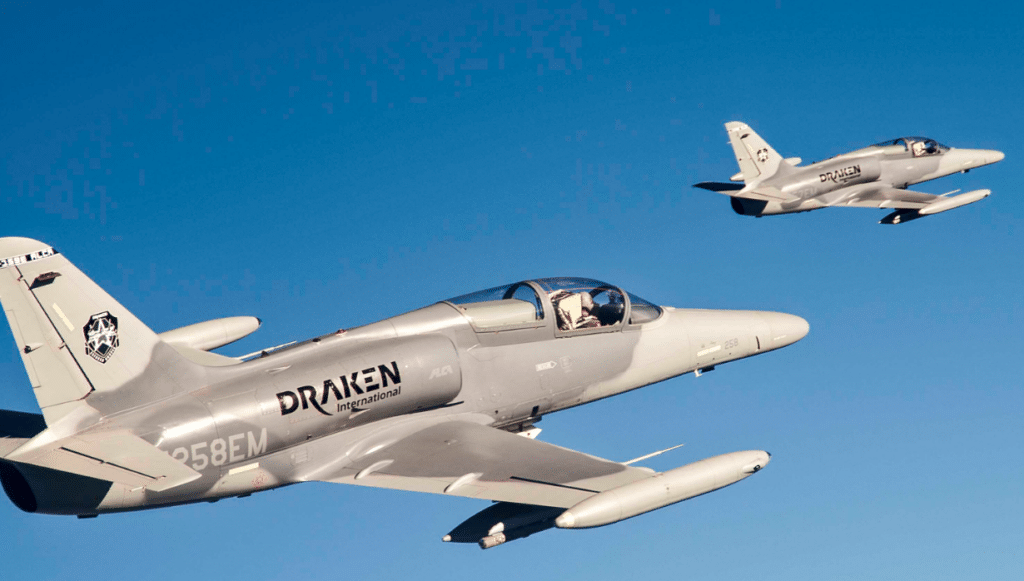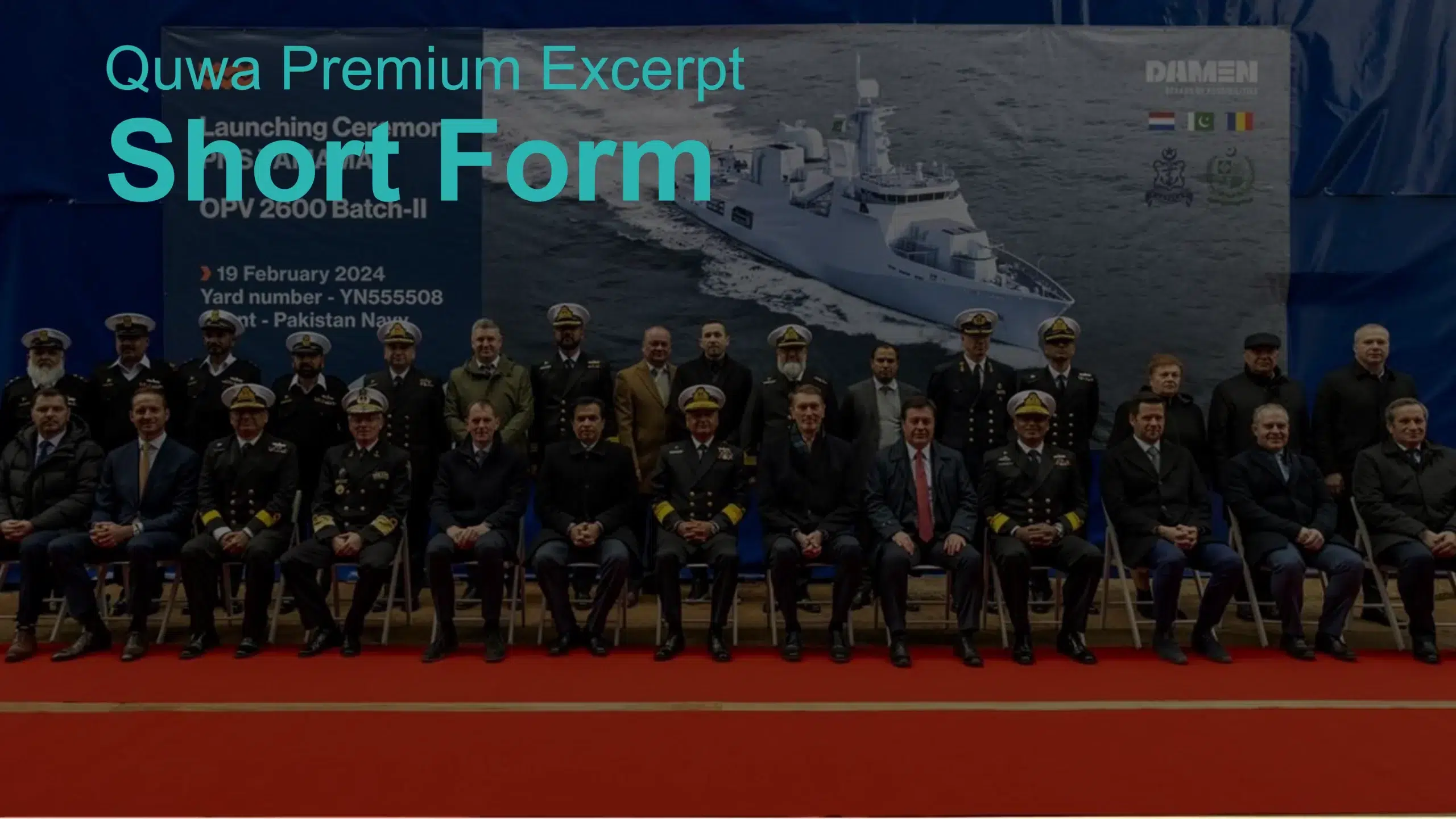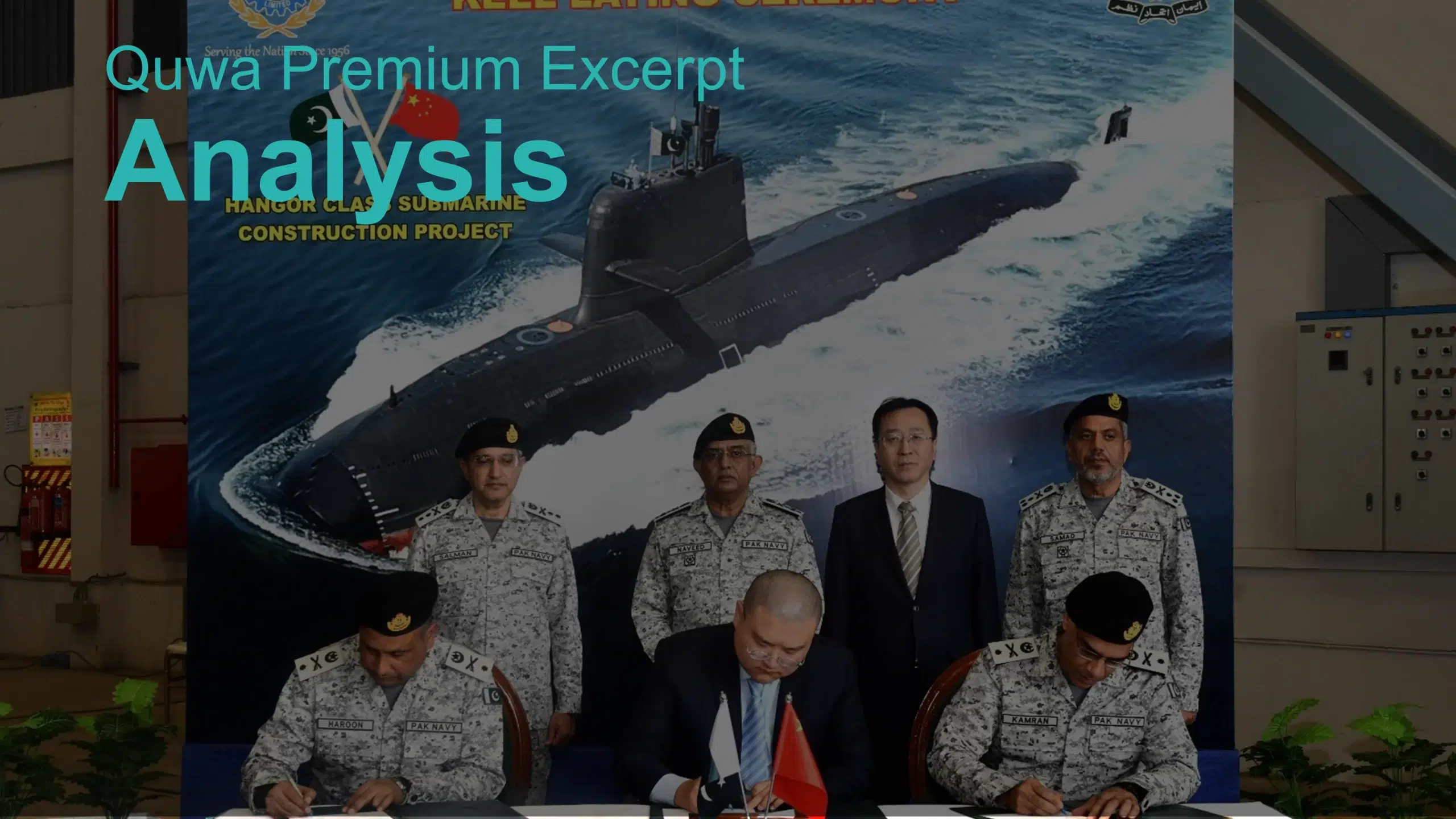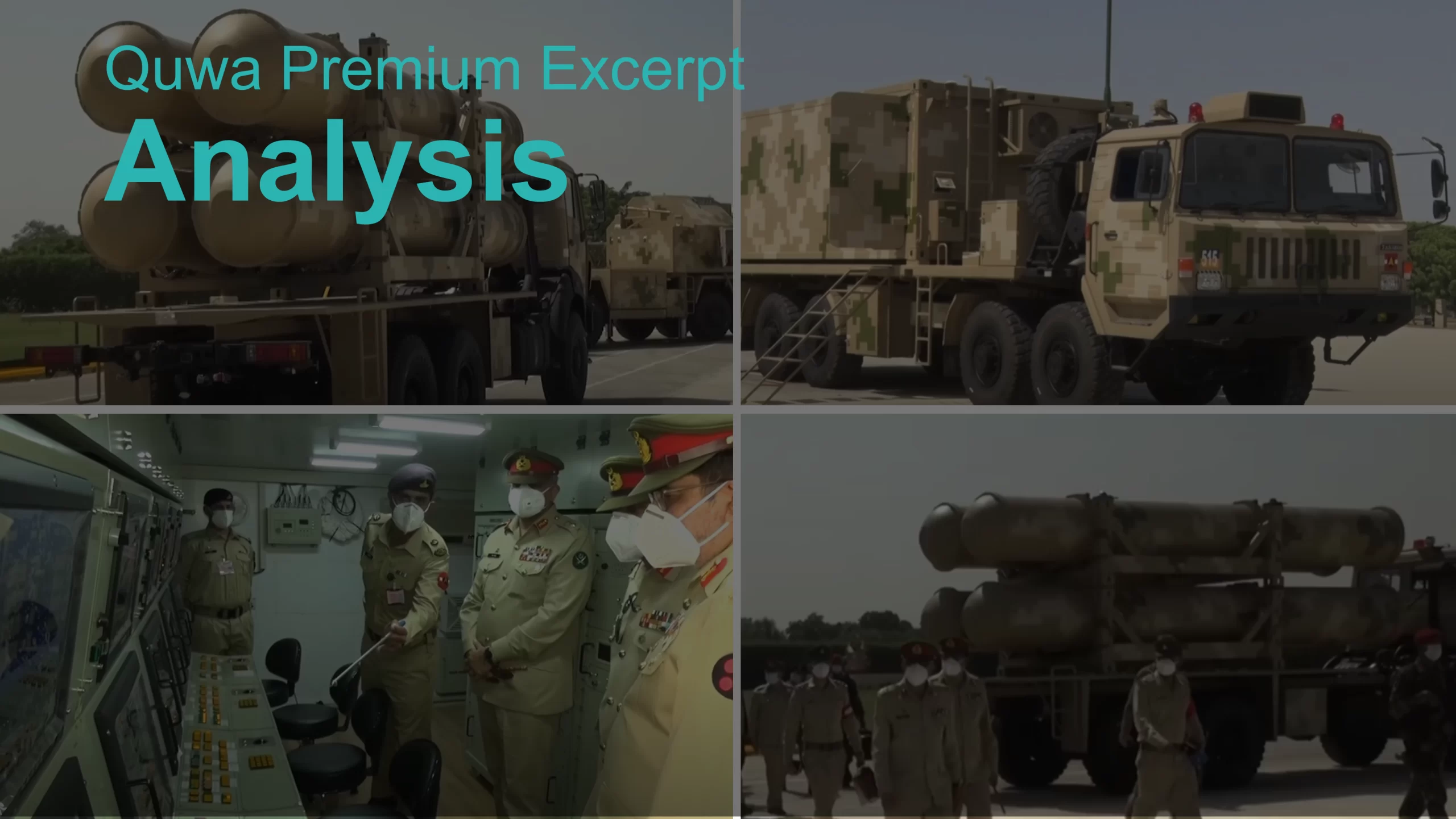In a recent press release, the private contract air support company Draken International praised the Aero Vodochody L-159 advanced light combat aircraft for its role as an aggressor fighter platform during the U.S. Marine Corps’ recent air exercises, Agile Lightning and Wing Fury, which took place in January 2017.
As per Draken International, the Aero L-159 is configured with subsystems found in contemporary combat aircraft (e.g. fourth-generation fighters), such as modern pulse-Doppler radars (e.g. Leonardo Grifo).
Lt. Col. (retired) Jeff Scott, Draken International’s Director of Marine Corps Operations stated:
“The L-159 and its radar capability increased Draken’s proven ability to replicate advanced threats to provide a realistic training environment. Draken aircraft provided a significant cost-savings to the government while reducing the consumption of hours on USMC and US Navy combat aircraft used in the role of a training aid.”
In 2014, Draken International committed to procuring up to 28 L-159s from Aero’s surplus stocks. Under the sale, Aero transferred the L-159’s maintenance, repair and overhaul (MRO) channel to Draken’s facility in Florida, and imbued Draken to market the L-159 in North America and South America.
Sales to Draken as well as Iraq incentivized Aero to consider resuming L-159 production, which ceased in 2003. In 2016, Aero re-opened the manufacturing line for a single new Iraqi Air Force unit. However, Aero CEO Giuseppe Giordo noted that “demand for light combat aircraft will increase in [the coming] years and [the] L-159 is very competitive in its category.”
The L-159 is powered by a single Honeywell ITEC F124-GA-100 turbofan engine, which provides a thrust rating of 28 kN. Available in single-seat and two-seat configurations, the L-159 has an armament payload of 2,340 kg, which is available through five external hardpoints. It has a flight ceiling of 13,200 metres, maximum cruise speed of 936 km/h, and maximum range (without external fuel tanks) of 1,570 km.
Notes & Comments:
Draken International’s positivity surrounding the L-159 could draw other air support companies to assess the L-159 as an aggressor system for their respective fleets. Some of these companies, such as Tactical Air Support Inc., already operate older Aero L-39s. Besides private operators, a desire for low-cost multi-role fighters from developing countries may also drive momentum towards Aero Vodochody.
There are several key mission profiles that the L-159 can adopt, from lightweight fighter to aggressor platform to a fighter conversion unit. In tandem with securing new customers, Aero will need to ensure that the L-159’s upfront acquisition and lifecycle maintenance costs remain competitive.




